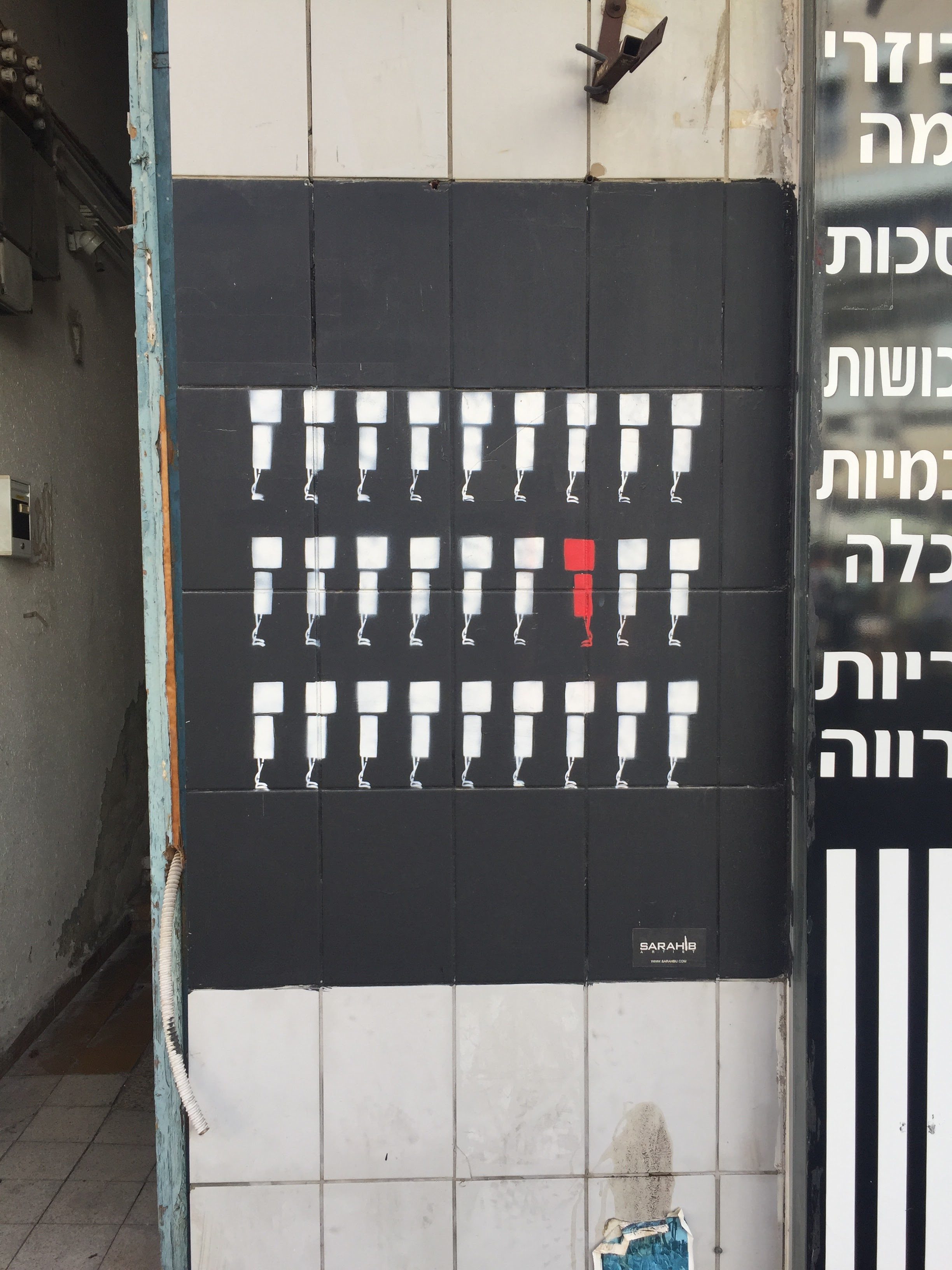
For the next month and change there won’t be any major Jewish holidays. That leaves some Jews wondering how to engage “Jewishly” since the holidays provide both an occasion and a script for Jewish experiences. The truth is actually quite simple: Judaism without holidays is, in many ways, much more engaging and fulfilling than Judaism with all the holidays. Don’t get me wrong, I love Rosh Hashanah, Yom Kippur, Sukkot, Shimini Atzeret, and Simchat Torah. But there’s something simple and sublime when Jewish energy isn’t focused on a particular calendar date and holiday observance.
This annual, holiday-free period in Judaism reminds me that Judaism is most meaningful when it informs my daily life. It’s most powerful when it permeates the seemingly mundane activities that fill my days and weeks. Taking care of my family, throwing myself into my work, trying to keep up with current events and old friends. Sitting in traffic. Grocery shopping. Scrolling through my phone.
Holiday-free Judaism gives me the space to focus on some of the non-calendrical aspects of Judaism: the weekly Torah portion, the meaning of the prayers I recite, mindful eating. Things like that. It’s a chance for me to challenge myself to keep my Jewish commitments dynamic and authentic.
Coming off the holidays of Tishrei there’s no doubt that I’m energized. And I’m bringing that energy into my daily Jewish practice. But the reverse is true as well, my daily Jewish practice is what makes the holidays meaningful and energizing to begin with.
